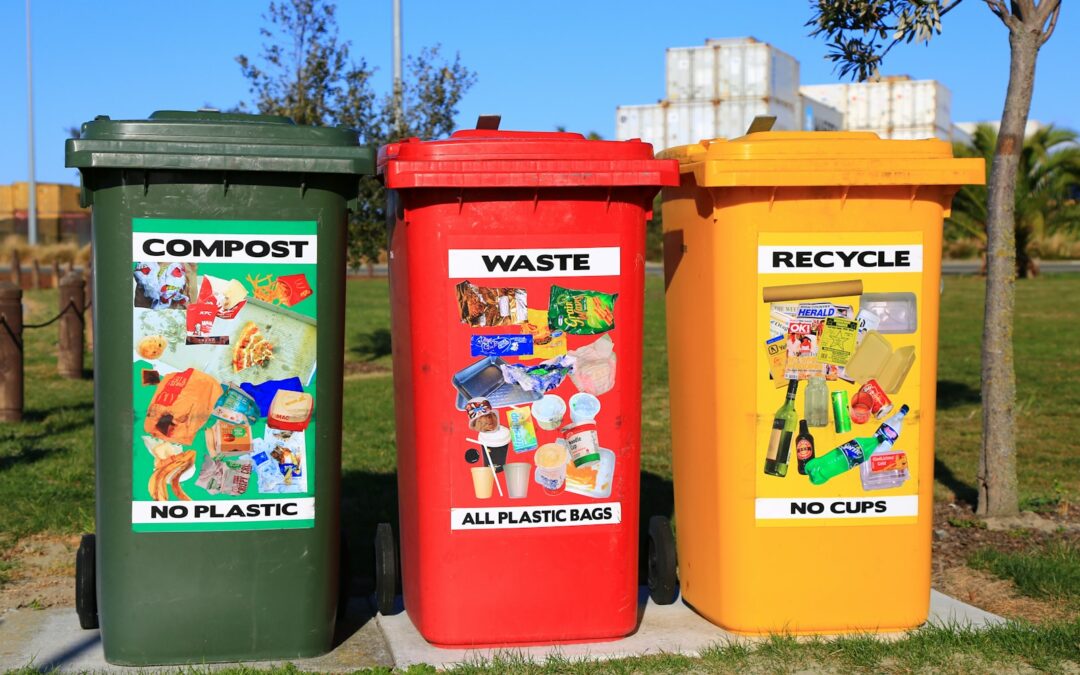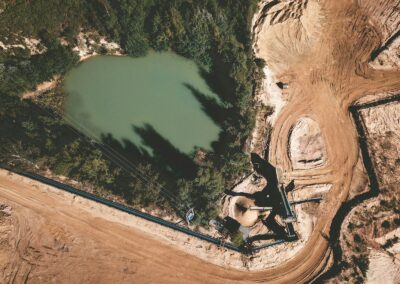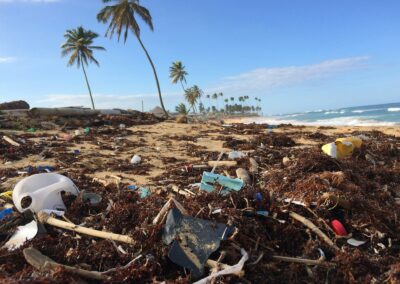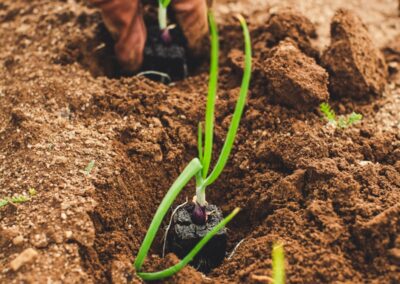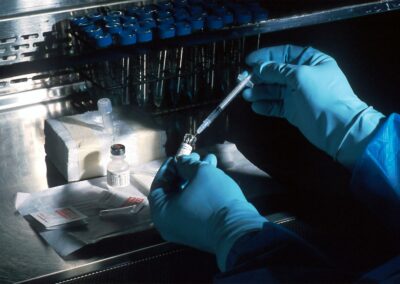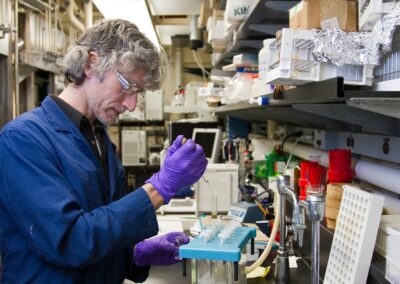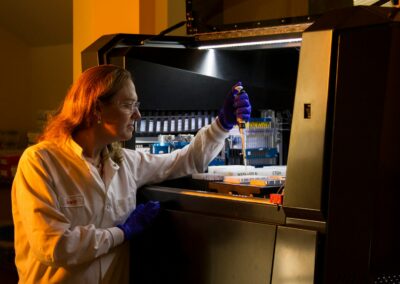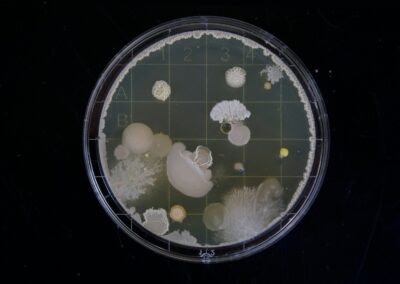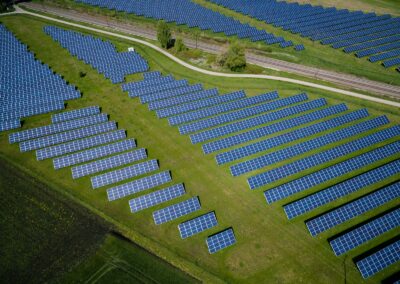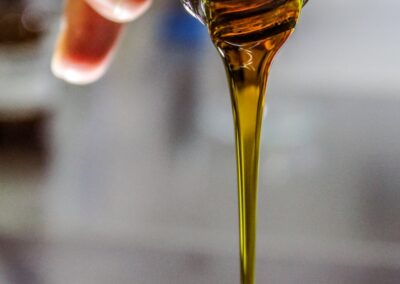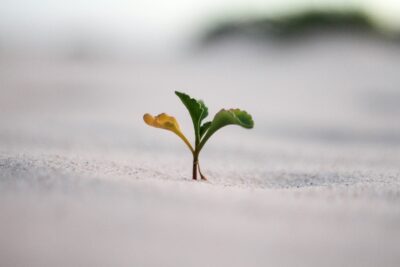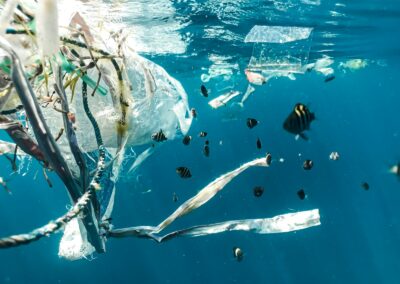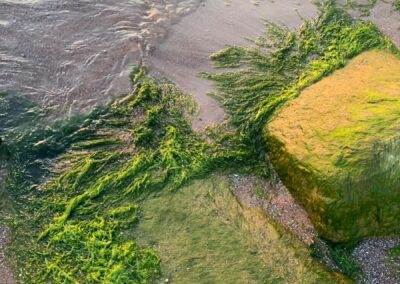Innovative Approaches in Saudi Arabia and the UAE
Synthetic biology for waste conversion represents a revolutionary approach in biotechnology, enabling the efficient transformation of waste materials into valuable products. By engineering microorganisms to perform specific metabolic functions, synthetic biology offers innovative solutions for addressing waste management challenges and promoting sustainability. In Saudi Arabia and the UAE, where environmental sustainability and technological innovation are strategic priorities, the application of synthetic biology to waste conversion can significantly enhance resource utilization and environmental health.
Researchers utilize synthetic biology to design and construct microorganisms with specific genetic modifications that allow them to degrade and convert various waste materials into useful products. This involves inserting genes that enable these microorganisms to metabolize complex organic compounds, such as agricultural residues, industrial by-products, and municipal waste. In research institutions in Riyadh and Dubai, synthetic biology is being employed to develop microbial strains capable of producing biofuels, bioplastics, and other high-value chemicals from waste, thereby reducing environmental pollution and creating economic opportunities.
One of the key advantages of using synthetic biology for waste conversion is the ability to create tailored microbial solutions that can efficiently process different types of waste. By engineering microorganisms to thrive in specific waste environments and optimize their metabolic pathways, researchers can enhance the efficiency and yield of the conversion process. This customization capability is particularly valuable in industries such as agriculture, manufacturing, and waste management, where diverse waste streams require specialized treatment. In Saudi Arabia and the UAE, where these industries are integral to the economy, synthetic biology can drive significant advancements in sustainable waste management and resource recovery.
Economic and Environmental Benefits
The economic and environmental benefits of utilizing synthetic biology for waste conversion are substantial. One of the most significant advantages is the potential for cost reduction in waste management. Traditional waste disposal methods, such as landfilling and incineration, can be expensive and environmentally harmful. In contrast, bioconversion processes using engineered microorganisms can reduce waste volume and generate valuable products, creating economic value from waste. In Riyadh and Dubai, where sustainable development is a key focus, the adoption of synthetic biology can lead to more cost-effective and environmentally friendly waste management practices.
Additionally, synthetic biology allows for greater sustainability in resource utilization. By converting waste materials into valuable products, such as biofuels and bioplastics, bioconversion processes can reduce reliance on fossil fuels and non-renewable resources. This aligns with the circular economy principles, where waste is viewed as a resource rather than a burden. In Saudi Arabia and the UAE, where sustainability is a strategic priority, the application of synthetic biology in waste conversion supports national goals of reducing environmental impact and promoting sustainable industrial practices.
Moreover, the success of synthetic biology in waste conversion can stimulate further research and investment in biotechnology. This can lead to the development of new technologies and methodologies for addressing a wide range of environmental and industrial challenges. In Saudi Arabia and the UAE, where investment in biotechnology and environmental innovation is robust, advancements in synthetic biology for waste conversion can drive economic growth and position these regions as leaders in global environmental biotechnology.
Driving Innovation Through Strategic Leadership
Effective leadership and strategic management are essential for advancing synthetic biology applications in waste conversion. In Saudi Arabia and the UAE, business executives, mid-level managers, and entrepreneurs play a pivotal role in fostering innovation and ensuring the successful implementation of these advanced biotechnological solutions. Executive coaching services and management consulting firms can provide essential support in developing the leadership skills needed to navigate the complexities of biotech innovation.
Strategic communication is another vital component of effective leadership in this context. Leaders must communicate the benefits and potential risks of synthetic biology applications to various stakeholders, including industrial partners, regulatory bodies, and the public. Transparent and clear communication helps build trust and facilitates the acceptance and adoption of new technologies. In Riyadh and Dubai, fostering open dialogue about the advancements and ethical considerations of synthetic biology can enhance public understanding and support for these innovative waste management solutions.
Project management skills are also critical for overseeing the development and implementation of synthetic biology-based waste conversion projects. Leaders must manage complex initiatives that involve research, regulatory approval, and commercialization. Effective project management ensures that these projects are developed efficiently, meet regulatory standards, and are delivered to the market in a timely manner. In the UAE and Saudi Arabia, where large-scale environmental projects are common, strong project management capabilities are key to the successful advancement of synthetic biology in waste conversion.
#SyntheticBiology #WasteConversion #EngineeredMicroorganisms #Biotechnology #SaudiArabia #UAE #Riyadh #Dubai #AI #Blockchain #ExecutiveCoaching #ManagementConsulting #BusinessSuccess #Leadership #ProjectManagement

